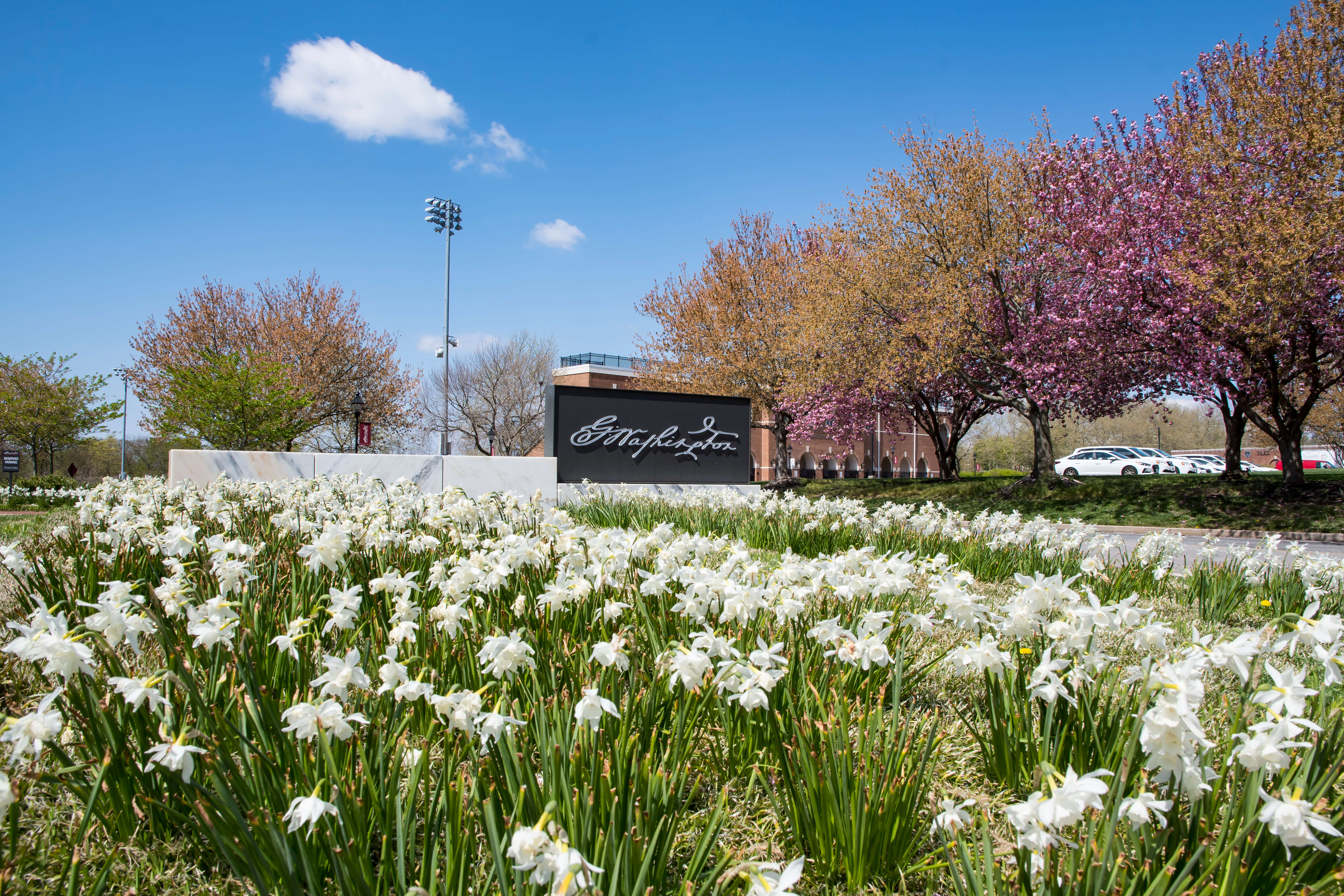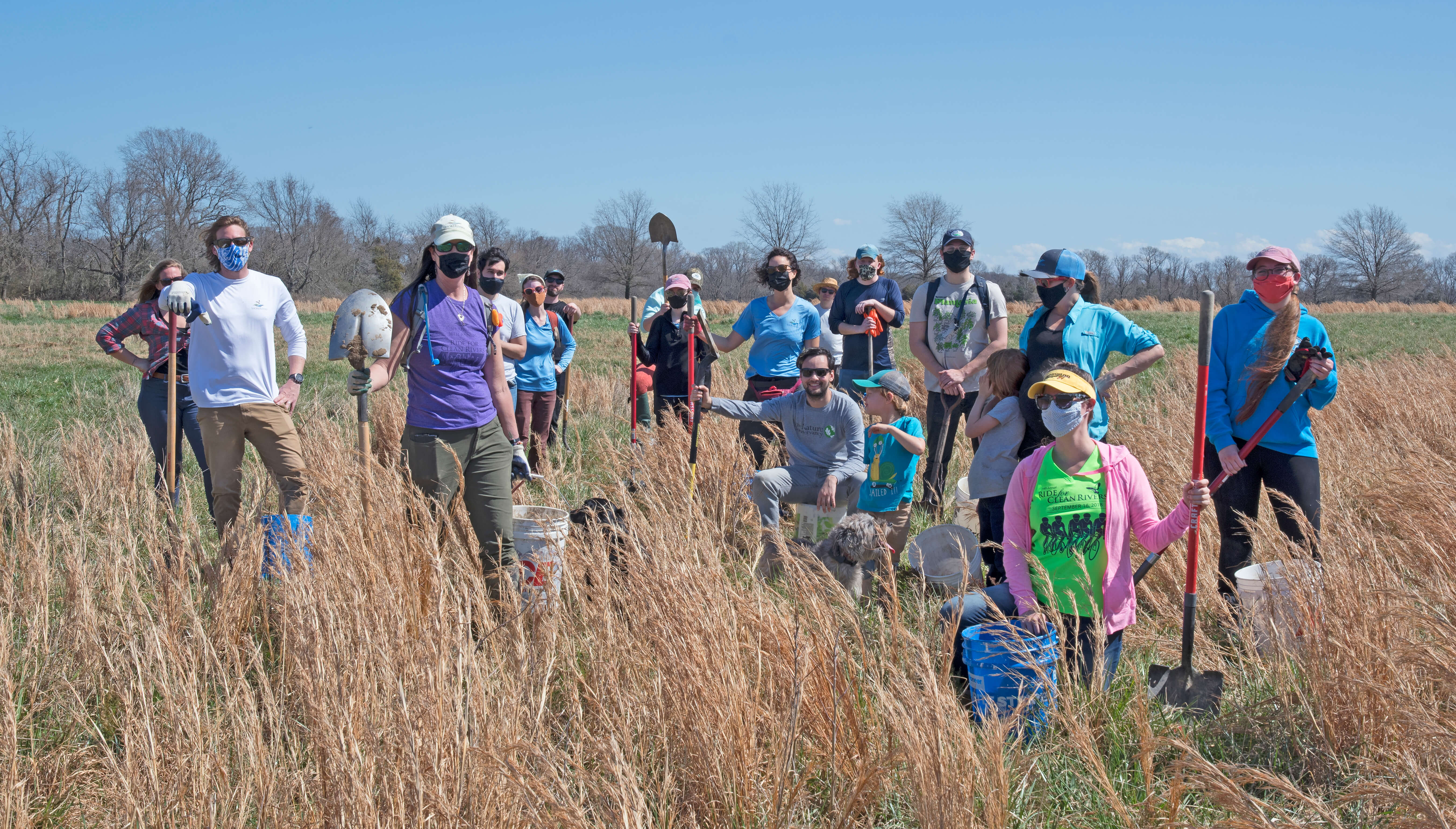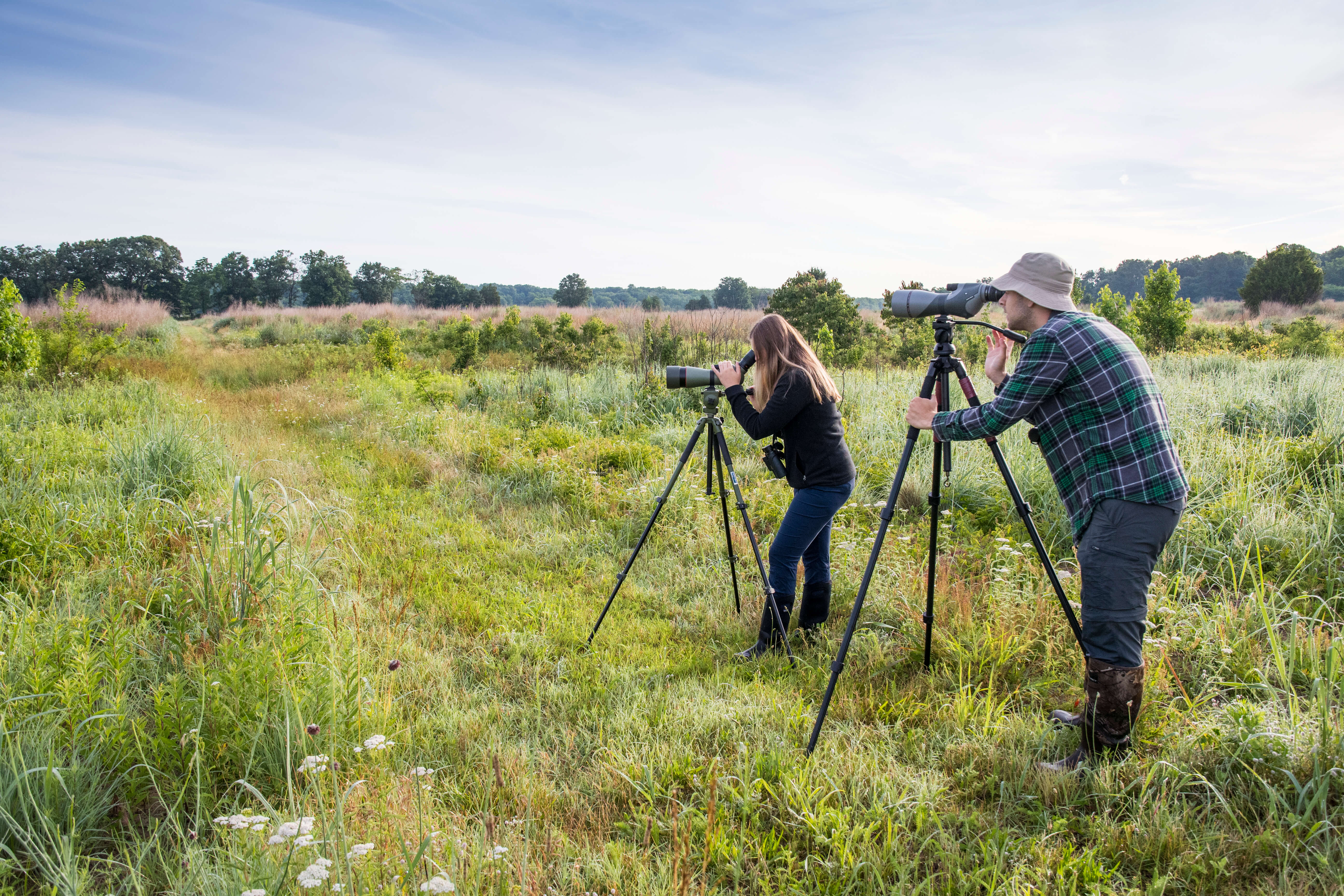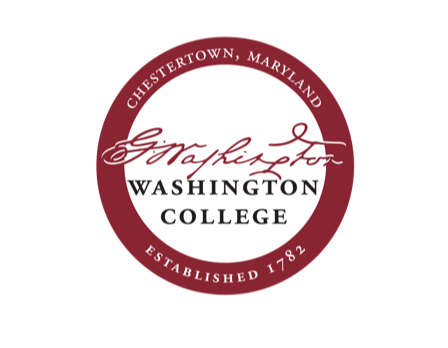It was the opportunities to bring her passion for the environment to life that drove Sammy DiLoreto to join Washington College. “I found WC and saw there were so many opportunities for the study of the environment,” she says. “I immediately knew that I would be an environmental science major. I wanted to pursue the dual-degree programme in environmental management at Duke.”
Be it in the labs, or out in the field, Washington College students learn by doing. DiLoreto took modules such as quantitative chemical analysis, marine conservation, applied ecology, and environmental chemistry — each was fun, informative and applied to the real world.
As part of Duke University’s Nicholas School of the Environment dual-degree programme’s first cohort, DiLoreto is set to earn her bachelor of science degree in environmental science and a master’s degree in environmental management all in the span of just five years. “After my first year at Duke, I’ll come back to campus and graduate with the Class of 2022!” she enthuses.
Founded in 1782, Washington College is where rigorous academics meet real-world challenges. Here, programmes offer an immersive hands-on learning experience, from Anthropology, Business Management and Engineering to Human Development, Political Science, Psychology and more.

Washington College is where rigorous academics meet real-world challenges. Source: Washington College
Located between the Chesapeake Bay and the Atlantic beaches, this is a college committed to promoting sustainability. As students pursue a major in environmental science or environmental studies, the Chesapeake Bay region — its farms and waterways, its history and culture, its people and their environmental concerns — is used as a learning laboratory.
Maryland native Jimmy Looper — who had spent weekends fishing, crabbing, and having fun on the water — thought he knew the Bay until he joined Washington College.
“I have new reasons to be enchanted by this region and I think the Chesapeake Semester is responsible for that in large part,” explains Looper, a double major in environmental studies and anthropology who is graduating a semester early. “The Chesapeake really is such a special place.”
A signature programme, the Chesapeake Semester links people to the environment and connects students to land and water. Combining intensive study, fieldwork, and outdoor adventure, students learn how to use this knowledge to solve and manage environmental problems. Modules highlight the ecosystem in depth, analyse solutions and explore the nexus between science, policy, and people’s everyday life.

Through the Environmental Studies programme, students learn about the dynamic relationships between social and environmental systems. Source: Washington College
“Chesapeake Semester was very free form. There was a schedule but it was not the end-all-be-all. I thrive in that environment of not necessarily knowing what’s next,” Looper muses. “I think now, especially after the Chesapeake Semester, I want to stay in the Bay as a career and hopefully do something meaningful and hopefully make lasting change.”
A green campus
Our environment is facing some serious challenges — from a climate crisis to massive habitat loss, environmental degradation, species extinction and overpopulation. Washington College is tackling some of these head-on in its own campus.
The college promotes bike sharing, electric vehicles, energy conservation, green spaces, and recycling. Over at the college’s Semans-Griswold Environmental Hall, home to academic and lab spaces for environmental programmes, solar panels provide power and geothermal wells supply heat. The distinctive building will also be a regional hub for hands-on research on the Chester River, and a magnet for thought leadership centred on the environment and the challenges facing the region, the country, and the world.
The hall’s multiple unique features allow students and the community to thrive.
Built to achieve Living Building Challenge Certification — a sustainable development model that is a step above LEED certification — it’s designed to focus on the health and happiness of the building tenants, along with a focus on art and accessibility to the community.
In its innovative Lab Spaces, students have the opportunity to work on buoys that monitor the Chester River’s water quality, side-scan sonar, and build AquaBotz. They can also study the Chester River’s different aspects in a controlled environment using water directly from the river.
Such features enliven teaching at Washington College, spurring students to success. The college’s career development service supports this further through workshops, externships, networking events, events and mock interviews. The result? Sixty percent of Washington College’s graduates are employed full-time and close to 20% are in further study. They can now be found in some of the country’s top employers, such as Kohls, Acadia Healthcare, Alliance for the Chesapeake Bay, and ABS Pipe Company.











